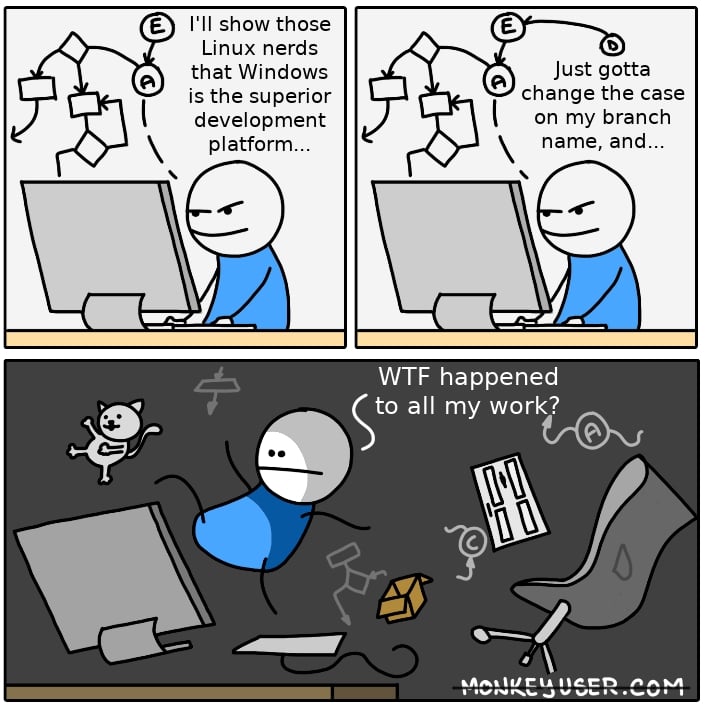You don't need to fuse every fiber connection unless you're doing really long distance fiber.
For runs inside a building, single pulls with mechanical splices would work just fine. You shouldn't get much loss as long as there aren't more than two or so mechanical splices.
Source: worked as a technician for a fiber optic ISP.

It's basically just an end you attach to the fiber:
https://www.gomultilink.com/products/066-222-10?category=44
You'll use a cleaver to break the fiber at a 90 degree angle to reduce attenuation, and slide it into the connector. Once it bottoms out, you press something down and it grabs the fiber, holding it in place.
I know it's Youtube, but here's a video of the process:
https://www.youtube.com/watch?v=WuKm7t87SJU
The idea is you would pull a fiber cable through a building and terminate it with ends like these. Then install them into a bulkhead to make them similar to solid-core CAT5/5e/6 cable into a patch panel. You can then use premade jumpers to connect from the building wiring to the devices you're using.
The fusion machines are generally used for long distance links because of the significantly lower attenuation per splice. A fiber line that goes 40 miles is likely to have tens if not hundreds of splices in it depending on the number of spans of cable, and industry standard for fusion splices is 0.00-0.05 db attenuation per fusion splice.